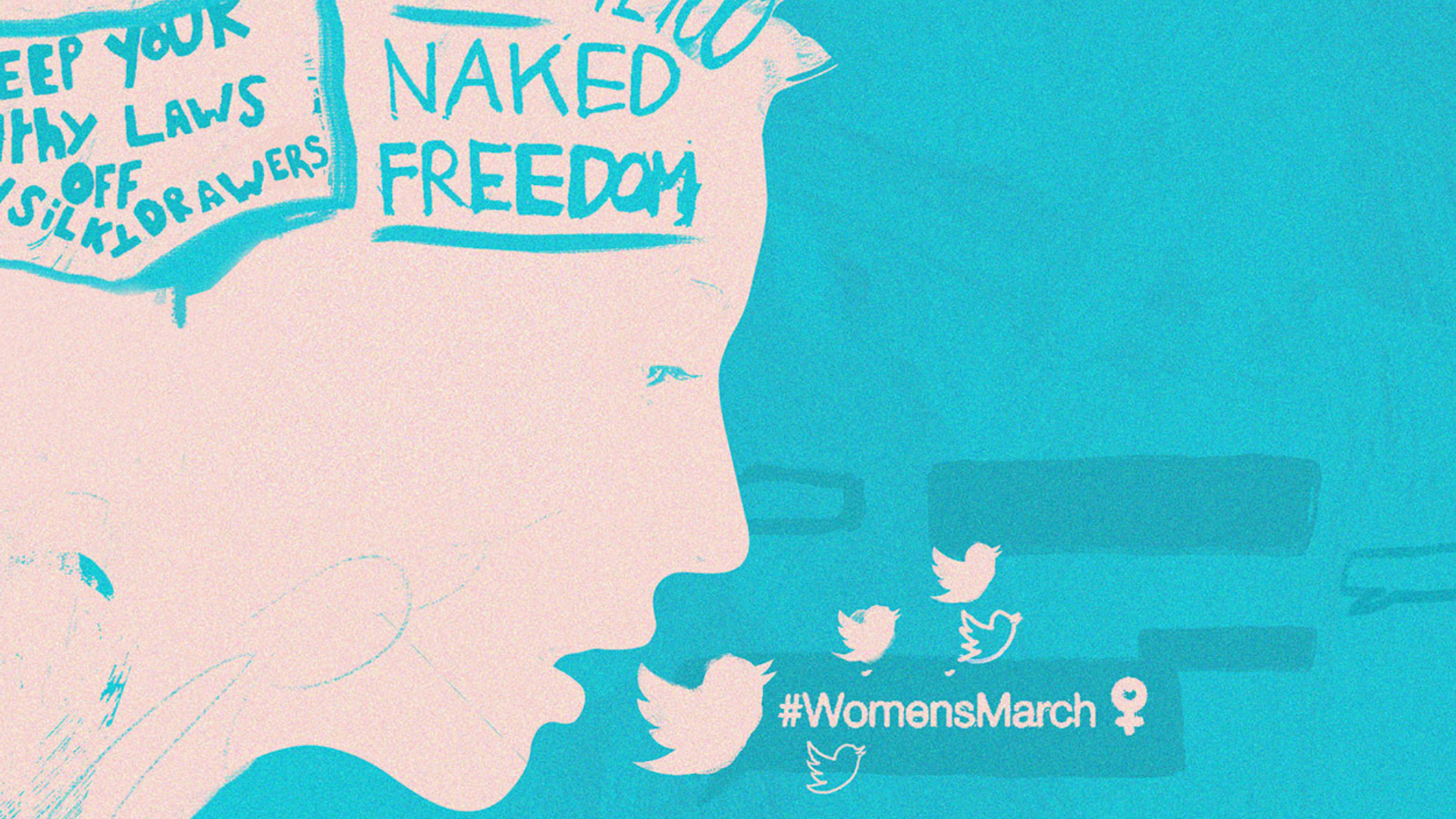In the early days of the Covid-19 pandemic in the United States, where I’m from, it became apparent quite quickly who a lot of our protections were explicitly not made for: poor people. Calls for increased hand-washing don’t mean anything if your home doesn’t even have safe or clean water. Encouragement from influencers to stay home assumes you have one and that it’s safe to be in.
But this is what happens when ‘feminism’ is messaged primarily through ‘ambition’– code for white-collar ambition, a phenomenon I’ve witnessed as a longtime editor at mainstream women’s publications like Vogue and MarieClaire.com. What is presented as ‘feminism’ is often actually white feminism and gender progress is often presented as achieving a white-collar leadership position, starting a company, or finding a long-term ‘equal’ partner. The women who help you achieve this reality through domestic work are recognised only as ‘outsourcing’.
Lockdowns have taken income away from hundreds of Big Issue sellers. Support The Big Issue and our vendors by signing up for a subscription.
The workers you exploit with minimal wages and substandard healthcare are certainly not as ‘empowered’ as you are. What is messaged through white feminism is that marginalised genders, and those looking to interpret their realities, should aspire to privilege – not equal rights.
That’s because white feminism of now and 100 years ago has never been wholly invested in changing structures; it is anchored in teaching women to ascend within them. Solutions to sexism are very individualised and do not call on collective organising, like movements pioneered by Native women, queer people, disabled women, working-class and immigrant women. Systemic pay discrimination is countered through “upping your negotiation skills”, not forming a union. Sexual harassment and assault are to be rectified through the very costly legal system that disadvantages them from the start with costly lawyer fees and time away from work.
But many of the institutions that white feminism upholds and protects keep women and nonbinary people food-insecure, homeless, impoverished, harassed, and victimised – a reality that has made many women even more vulnerable during Covid-19.
If we are approaching the feminist movement as the American suffragists designed – simply as having access to what cis white men have – white feminism has been hurtling along at a pretty successful rate.

When I vote, open a credit card in my own name, and secure birth control without written permission from my father or husband on my way to pursue a college education, I am actively inhabiting the world that many middle to upper-class white, American suffragettes envisioned.
But if we want a multi-gendered, browner feminism where all women’s needs are addressed, we need to re-evaluate what we are pushing for in the first place. We need a courageous new concept, one that prioritises and tackles the systems that keep most marginalised genders in poverty, abuse, and incarceration. If power is how we have traditionally understood the path to equality, we need to address that our current framework will not facilitate power broadly toward the most disenfranchised. We’ll always be speaking in anomalies: the single mother who managed to build a business, the gay woman who got to the top of this company. A domestic worker may never be a CEO, and that shouldn’t hinder her ability to live above the poverty line.
We need to build a more holistic, ambitious approach to inequality that doesn’t just isolate a single issue as definitive feminism or ask that we aspire to that single issue.
“In the big, bright world of oppression, white feminism has often defaulted to choosing a flavour of subjugation and exercising all understanding of gender oppression from there.”
Globally and nationally, we need a tiered movement toward gender equality that addresses the reality of people’s lives and that involves not only marginalised genders being seen, but securing food and basic resources like clean water and housing. Then workplace protections, decent wages, and a reformed justice system. Finally, once basic needs, workplace protections, and our legal system are secured, women and nonbinary people need the opportunities to grow through education and small-business opportunities. White feminism has never been this movement.
It’s when these foundational pieces are fragmented, omitted or presented in an alternate order that progress for gender rights is stifled. Opening lofty educational opportunities to people who are food insecure will not help them. Opening industries with rampant harassment and assault to women will not advance them. But I often think of white feminism as an exercise in this exact strategy.
In the big, bright world of oppression, white feminism has often defaulted to choosing a flavour of subjugation and exercising all understanding of gender oppression from there. White feminism of then and now has demonstrated an unwavering dedication to focusing only on sexism and has deflected multi-generational attempts to expand this lens.
The truly clumsy execution here though is often to try and apply this simplistic “sexism only” framework to women who are not white, who don’t necessarily identify as women to begin with, who aren’t rich, who aren’t straight.
This is the turning point we are facing now. And this is the conflict playing out behind the scenes with the leadership of the women’s movement today.
White Feminism by Koa Beck is out now (Simon & Schuster, £16.99)









